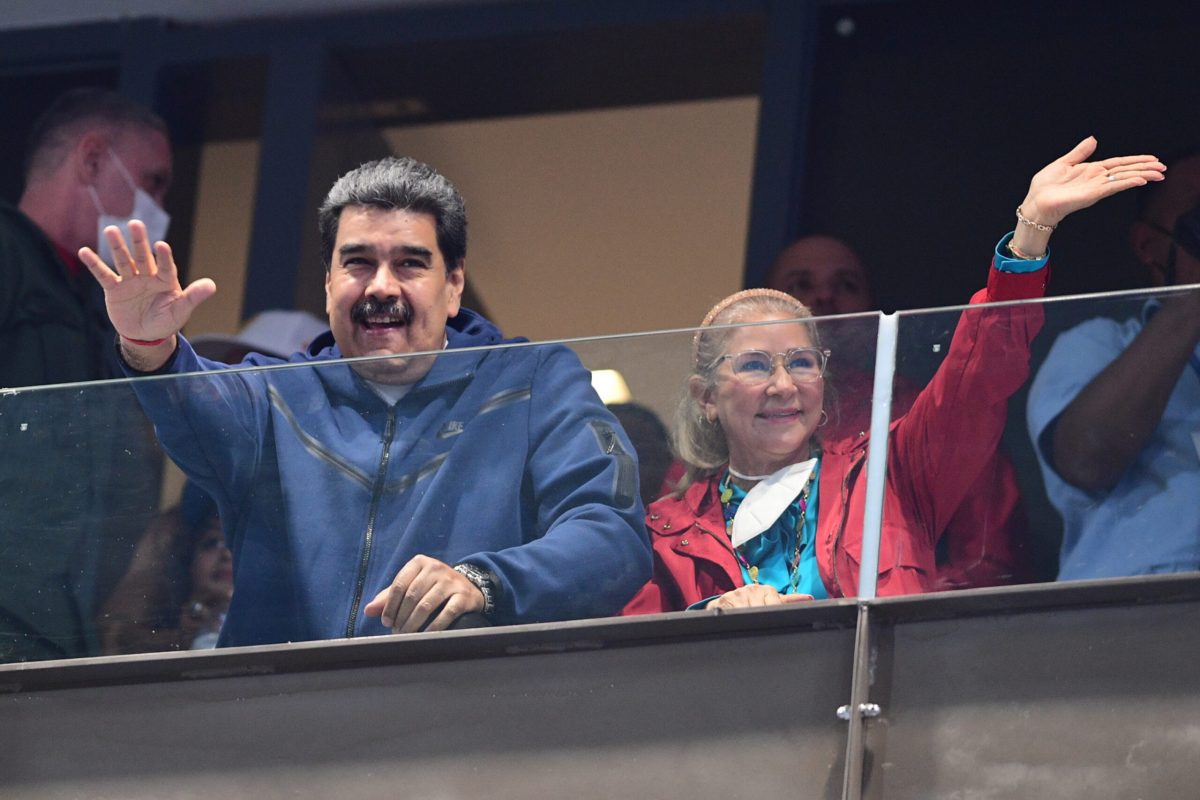


Editor’s note: This piece reflects the opinion of the author and does not necessarily reflect the views or opinions of the World Baseball Network or its other employees.
The brand new Estadio La Rinconada, which is hosting the Caribbean Series this week, is, by appearance on television and all accounts, a beautiful venue for baseball.
Nestled amongst the hills of Caracas, the stadium was originally to be named for Venezuela’s late “eternal president” Hugo Chavez when it was proposed in 2013, though it has subsequently been renamed twice, first for late San Francisco Giants pitcher Nestor Chavez, and then this week, as Estadio Monumental de Caracas Simon Bolivar, honoring the man who led the independence movement for Colombia and Venezuela against Spain in the 1800s.
La Rinconada was rushed to completion in time for the 2023 Caribbean Series, the first in Caracas since 2002 and the first hosted by Venezuela since 2014, when the event was hosted at Margarita Island.
But for all the shine on the new ballpark, one of the two venues for this historic event, and the Caribbean Series, the biggest baseball event in the Caribbean and Latin America, the unfortunate reality of this series and this new ballpark is that they comprise an attempt by the repressive, authoritarian regime of Venezuelan President Nicolas Maduro to engage in “sportswashing” – that is, using this Caribbean Series to obfuscate his regime’s history of repression and corruption, as well as the ongoing economic crisis that began under Chavez and has continued under Maduro, threatening the stability of the region as well as the sovereignty of Colombia and other neighboring countries.
Sportswashing is a common practice for repressive regimes. Remember when Vladimir Putin brought the 2014 Winter Olympics to Sochi, a city on the Black Sea that doesn’t even get snow? Or when the World Cup was awarded to Russia for 2018, and Qatar for 2022? Do you think those countries wanted those events for their people to enjoy, or for the image that hosting those events projects to the rest of the world?
This is no different. The Confederacion de Beisbol Profesional de Caribe awarding this Caribbean Series to Venezuela only enables Maduro’s regime to attempt to distract the world from the economic crisis in their country, where the vast majority of families are bringing in less than one U.S. dollar per day.
Over the past decade, rampant inflation has created a desperate situation in Venezuela. A 2019 United Nations report noted that 94% of Venezuelans – citizens of the nation with the largest oil reserves in the world – lived in poverty. Last month, teachers, who make approximately $10 per month, marched in the streets in cities across Venezuela in protest of low pay while the countries’ inflation rate is over 300%.
“Our salaries are peanuts. I earn 460 bolivars a month [about $23],” Odalis Aguilar, a 50-year-old teacher who marched in Maracay, told Reuters last month. “We need a living wage.”
Nor can journalism be freely practiced in Maduro’s Venezuela, which ranked 137th out of 180 countries in a 2015 ranking by Reporters Without Borders, an organization that tracks press freedom around the world.
“It is common for journalists to be beaten or threatened during pre-electoral or political conflict periods when they carry out their journalistic work,” RSF notes on its website.
Maduro’s regime denies that the economic crisis even exists, insisting that any economic difficulties are the result of sanctions leveled by the U.S. in the wake of the disputed 2018 Venezuelan election that pitted Maduro against Juan Guaido.
But exist it does. Millions of Venezolanos have left the country since Maduro assumed power following Hugo Chavez’ death. According to the International Rescue Committee, as many as four million have left Venezuela for neighboring Colombia, where they live destitute lives. Venezuelan women sell their hair, and their bodies, to survive in Colombia, and are vulnerable to human trafficking run by organized crime.
World Baseball Network opted not to travel to cover the 2023 Caribbean Series. The State Department has issued a Level 4 Travel Advisory for Venezuela, stating that they pulled all diplomatic personnel out of the country in 2019 and notes that “crime, civil unrest, kidnapping, and the arbitrary enforcement of local laws” make travel to the country dangerous, and that Americans should reconsider travel due to “wrongful detentions, terrorism, and poor health infrastructure.”
Maduro’s regime, of course, “practices a sustained policy of blocking news content on the Internet, affecting various independent media portals,” Reporters Without Borders says, which makes it likely that few, if any, in Venezuela outside of the halls of power will read this column.
That this is the biggest Caribbean Series in a long time, with eight teams, two beautiful venues, and exciting baseball is beyond debate.
And if you watch the final of the Caribbean Series Thursday, the television cameras will present beautiful vistas of La Rinconada and Caracas, and they’ll probably catch Maduro smiling in a luxury box high above the field.
That’s the image they want you to see when you watch the Caribbean Series.
That’s the image they want to leave in your mind when you think back on this event.
Don’t be fooled.
Leif Skodnick is the Editor in Chief of the World Baseball Network. Follow him on twitter @LeifSkodnick.